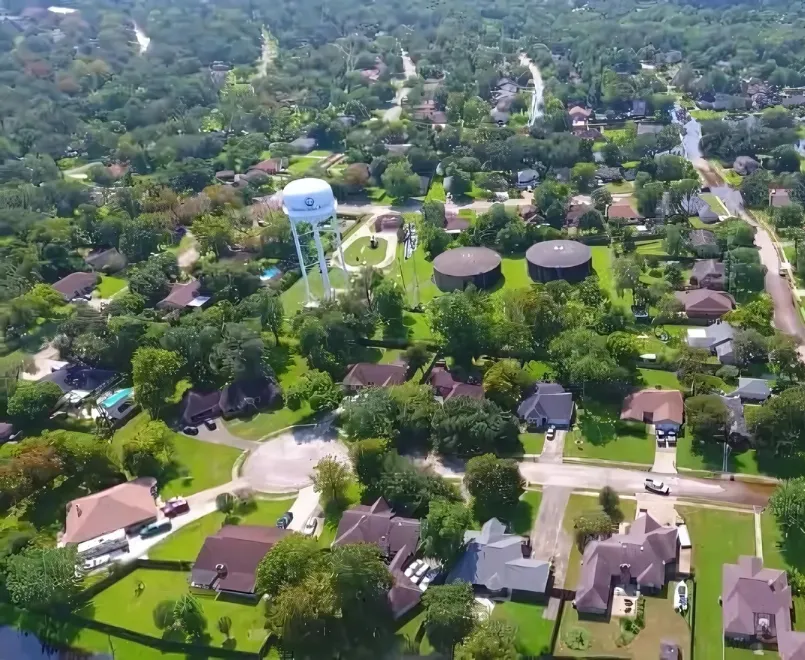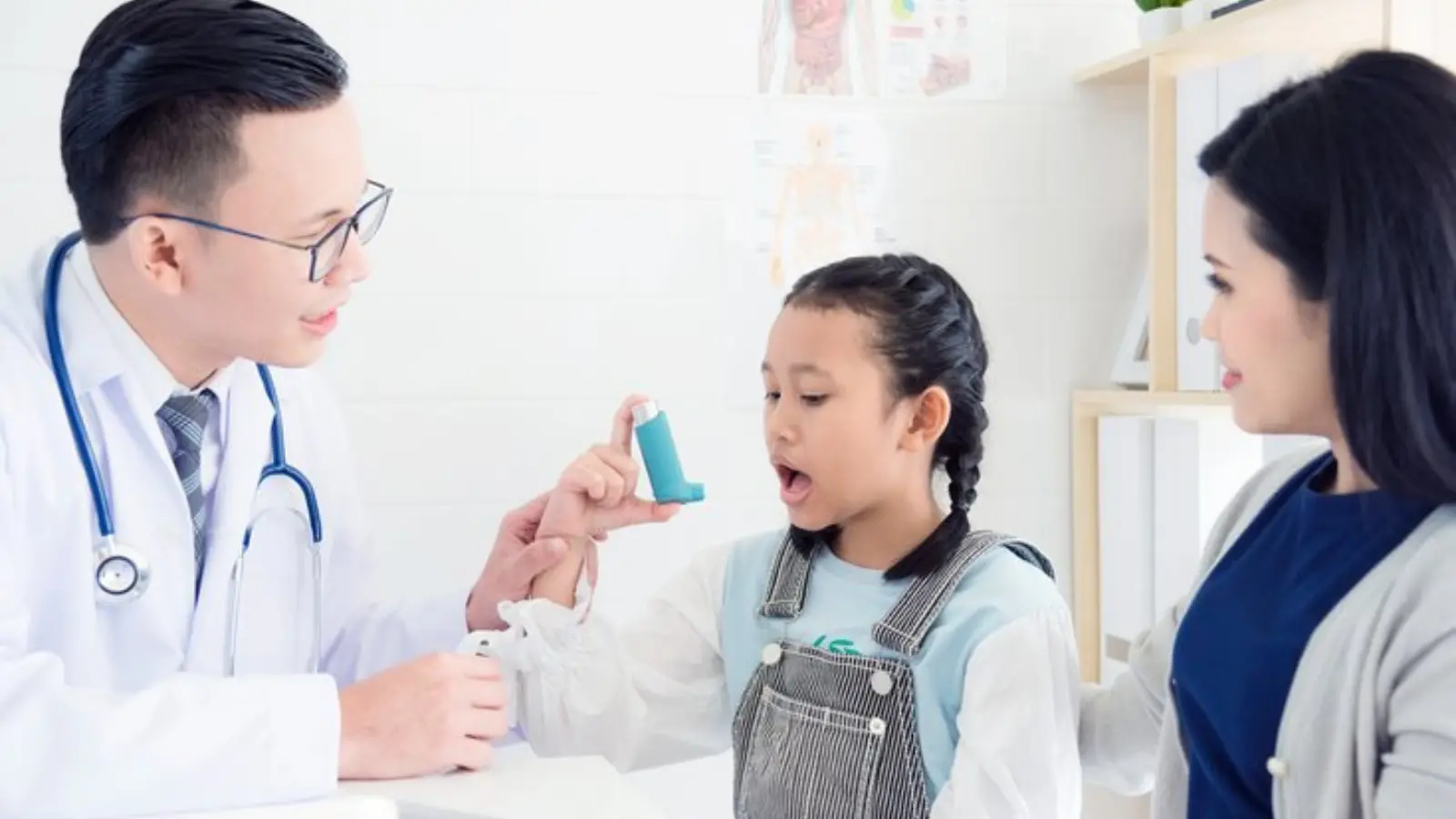Pediatric Asthma Care Lake Jackson TX
Welcome to Kids Way Pediatric Clinic, your trusted local partner for Asthma Care in Lake Jackson, TX. Our experienced pediatrician provides compassionate asthma care tailored to each child’s needs. Trust us to nurture every smile and cherish every giggle with our expert asthma care for kids.
Our Asthma Care Services for Children
Why Choose Kids Way Clinic Asthma Care Specialists?
Choosing the right pediatric asthma specialist for your child’s asthma is essential. At Kids Way Pediatric Clinic, we offer expert, compassionate care tailored to your child’s needs.
Here’s why we’re the preferred choice for many families when they need Pediatrician in Lake Jackson:
Experienced Pediatrician
Our lead pediatrician, Dr. Sreekar Maruvada brings years of specialized experience in managing asthma in children, ensuring your child receives the best care possible.
Comprehensive Treatment Plans
We develop individualized asthma action plans that include medication management, lifestyle adjustments, and emergency response strategies.
Advanced Diagnostic Tools
Our clinic is equipped with the latest diagnostic tools to accurately assess and monitor your child’s asthma condition.
Family-Centered Approach
We work closely with families, providing education and support to help manage asthma effectively.
What to Expect During Your Visit at Kids Way Clinic
At Kids Way Pediatric Clinic, we strive to make every visit comfortable, informative, and productive for both you and your child. Here’s what you can expect during your visit:
Initial Assessment and Welcome
Upon arrival, your child will be welcomed by our kids friendly front desk staff and then they will undergo an initial assessment. Our team will prioritize care based on medical need.
Thorough Diagnostic Evaluation
Our experienced pediatrician will conduct a thorough medical evaluation, taking the time to understand your child’s health history and current asthma symptoms.
Treatment and Follow-Up Care
Based on the evaluation, we will develop a personalized asthma care plan tailored to your child’s specific needs, including treatment, education, and ongoing support.
FAQs about Asthma Care by Parents
At Kids Way Pediatric Clinic, we understand that parents have many questions when it comes to managing their child’s asthma. Here are answers to the most frequently asked questions about asthma care, helping you stay informed and prepared to ensure your child’s health and well-being.
Comprehensive Pediatric Care Services
At Kids Way Clinic, our commitment to your child’s health goes beyond pediatric asthma care. As a trusted pediatric clinic in Lake Jackson, TX, we offer a range of services to ensure comprehensive care. If your child experiences respiratory issues, our team is equipped to provide urgent care for kids when immediate assistance is needed. We also specialize in ADOS testing to evaluate developmental concerns, ensuring a holistic approach to your child’s well-being.
For any medical concerns that require lab work, our pediatric blood tests are conducted with precision and care, providing timely results. Additionally, our flu and fever care services are designed to manage symptoms effectively, allowing your child to recover comfortably. Together, these services ensure that we meet all your child’s healthcare needs with expertise and compassion.
Convenient Asthma Care Clinic in Lake Jackson, TX
Kids Way Pediatric Clinic is centrally located in Lake Jackson, Texas, making it easy for families from nearby areas to access quality pediatric care. We proudly serve the communities of Richwood, Clute, Angleton, Jones Creek, Brazosport, Freeport, Brazoria County, Sweeny, Surfside Beach, and Oyster Creek
Lake Jackson is known for its family-friendly atmosphere, excellent schools, and a variety of parks and recreational activities. Our Asthma Care clinic’s convenient location allows families to easily combine their children’s visits to the pediatrician with other outdoor activities in the area.
Whether you’re visiting MacLean Park or spending time at Brazos Mall, Kids Way Pediatric Clinic is just a short drive away, ensuring that your child’s health needs are taken care of with minimal travel time, leaving more room for fun family outings.


